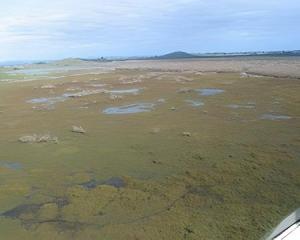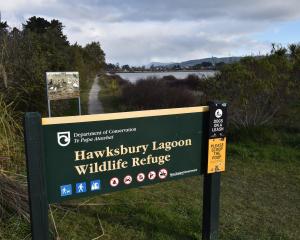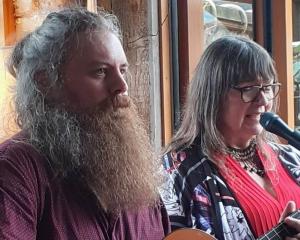
During a recent talk at Toitū Otago Settlers Museum, University of Otago department of tourism lecturer Dr Pooneh Torabian presented information about a project that aimed to understand if art could help foster connection and integration for migrant women.
Dr Torabian and a research team comprising Prof Vivienne Anderson, Dr Neil Vallelly, Ali Mostolizadeh, Parisa Saadat Abadi Nasab and Mercede Shavandasht, collaborated with local artists to provide a series of art workshops for eight Afghan women with a refugee background.
"Because language is known to be a barrier for some refugee background and migrant women, in this research we use arts as an alternative means of expression and a way for them to facilitate their participation in our research."
Dr Torabian said the aim was to provide a safe and supportive environment for the women, enabling them to explore their identities and connect with their new home in New Zealand.
The project, funded by the University of Otago Centre for Global Migrations, faced initial challenges in recruiting participants.
Eight women agreed to participate in four workshops.
Artist and illustrator Jo Bone guided the women on how to create art through making collages, Chloe Mackenzie ran a felting and needlework workshop, artist and educator Pamela Brown helped the participants create a visual diary that the women could take home and add to and Anne Morrison and Linda Dunn helped the participants create patchwork cushion covers in a sewing workshop.
These sessions allowed the women to express their emotions, document their experiences, and create art that reflected their personal and cultural narratives.
One of the participants said engaging in artistic works allowed them to express emotions and convey what was in their minds and hearts.
Another participant said she learned the essence of art was not limited to perfection or beauty, but resided in the process of creatively producing something new.
The research highlighted that art could be a powerful tool for emotional relief, community building and self-expression, especially for those facing language barriers.
Engaging in arts could foster positive relationships and help women feel more settled, integrated and safe in a new environment.
"Some of the women said that the work they were engaging with helped them deal with their trauma," Dr Torabian said.














